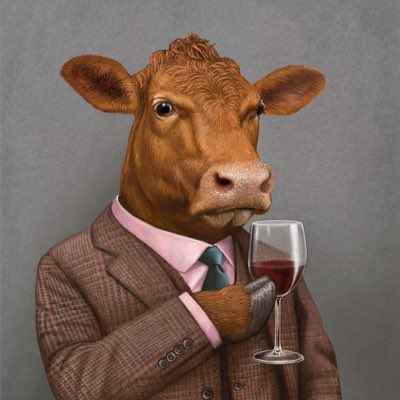Breeding for success...
- The Fertile Farmer
- Apr 11, 2023
- 2 min read
Breeding cattle is a critical component of the agricultural industry in the UK and Ireland, and it plays a crucial role in ensuring good quality genetics for the livestock. In recent years, farmers have placed increased emphasis on selective breeding to improve the genetic quality of their herd. Selective breeding involves identifying and breeding animals with desirable traits, such as disease resistance, fertility, and milk production, to produce offspring with similar traits.
One reason farmers want to selective breed is to improve the productivity and profitability of their farms. According to the National Beef Association, selective breeding can increase the overall profitability of a farm by up to 20%. This increase in profitability is due to the fact that selectively bred animals are more productive, have better meat and milk yields, and require fewer resources to maintain their health.
Moreover, selective breeding can help farmers meet consumer demands for high-quality meat and dairy products. In a study conducted by the UK's Agriculture and Horticulture Development Board (AHDB), consumers rated the taste and quality of beef produced from selectively bred animals higher than beef produced from non-selectively bred animals. Furthermore, selective breeding can improve the health and welfare of the animals. For example, selective breeding can reduce the incidence of genetic disorders such as mastitis, which is a common disease that affects dairy cows.
According to a study conducted by the University of Nottingham, selective breeding can reduce the incidence of mastitis by up to 40%. This reduction in mastitis not only improves the health and welfare of the animals but also reduces the need for antibiotics, which is beneficial for both animal and human health. Additionally, selective breeding can improve the environmental sustainability of farms. According to the AHDB, selectively bred animals require fewer resources to maintain their health, leading to a reduction in the environmental impact of farming. Furthermore, selectively bred animals are more efficient at converting feed into meat and milk, leading to a reduction in greenhouse gas emissions.
To achieve these benefits, farmers must prioritize good quality breeding practices. Farmers should aim to breed from animals with desirable traits, such as high milk yields or disease resistance, and avoid breeding from animals with undesirable traits, such as low fertility or susceptibility to genetic disorders. Moreover, farmers must ensure that their breeding programs adhere to ethical standards and prioritize animal welfare.
In conclusion, selective breeding is a vital tool for farmers in the UK and Ireland to improve the productivity, profitability, and sustainability of their farms. Selective breeding can lead to increased meat and milk yields, improved animal health and welfare, and a reduction in the environmental impact of farming. Therefore, it is essential for farmers to prioritize good quality breeding practices and ensure that their breeding programs adhere to ethical standards. With careful planning and implementation, selective breeding can help farmers produce high-quality meat and dairy products while promoting sustainable agriculture.






Comments